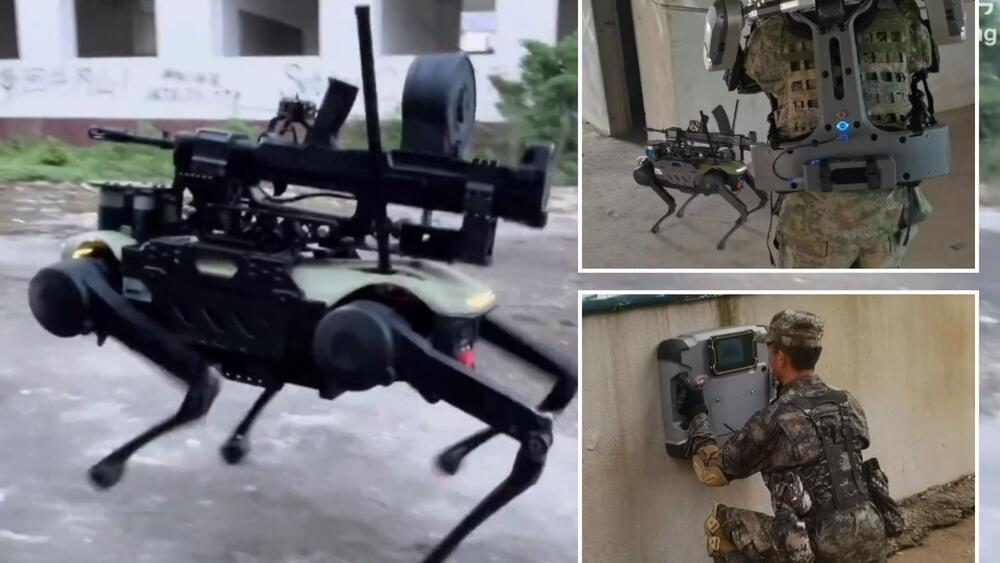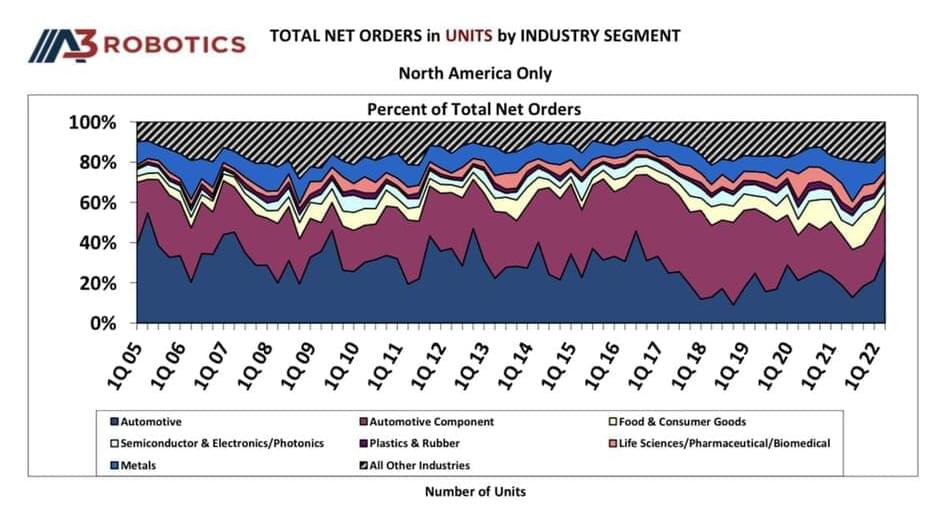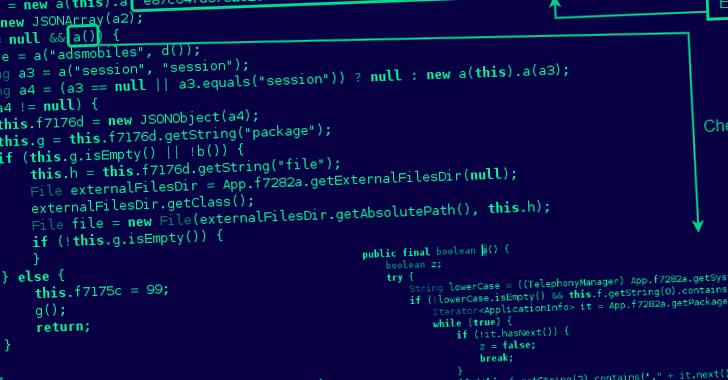There will be No Plan of course, and barring a WW3, i can guess the outcome.
There’s a scene in the movie I, Robot where a robot-hating police officer, played by Will Smith, is questioning the manufacturer of a robot suspected of murdering a human. The conversation gets testy, and the robot maker, played by Bruce Greenwood, looks Smith in the eye and says, “I suppose your father lost his job to a robot. I don’t know, maybe you would have simply banned the internet to keep the libraries open.”
Art imitating life? To a degree, yes. Automation, artificial intelligence, and robots are costing people their jobs. But no, none are suspected of committing a homicide as a result. And the last time we checked, none were known to be organizing an AI insurrection, which was the premise behind I, Robot’s plot.
That’s fantasy. What’s real is that this country isn’t doing enough to prepare for a future where millions of Americans with outdated skills won’t be able to compete for jobs when a less expensive, automated alternative is available to their employers. There’s no better time than Labor Day to ask Washington to come up with a more definitive plan to assist employees who are in jeopardy of becoming obsolete.




